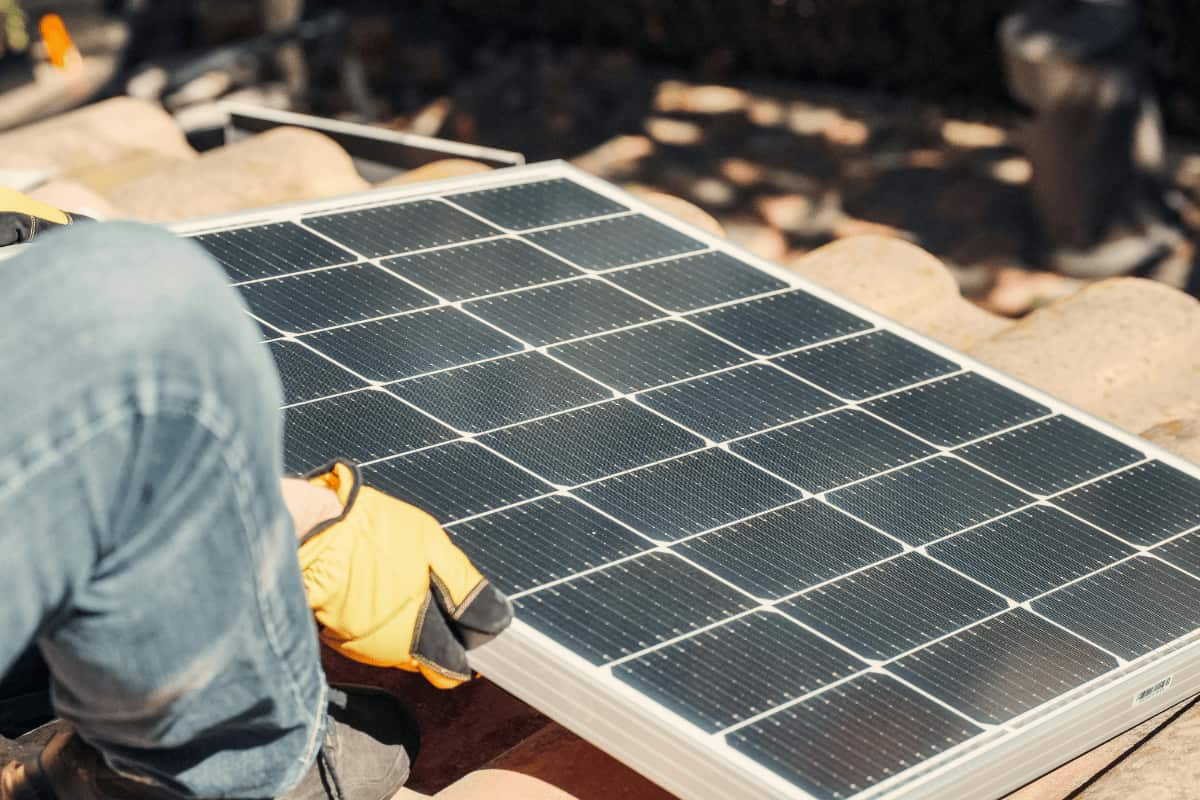Eskom has announced that residential customers with Small-Scale Embedded Generation (SSEG) systems, such as solar photovoltaic (PV) installations, will continue to benefit from free registration and smart meter installation until March 2026.
This initiative aligns with the regulatory requirements set by the National Energy Regulator of South Africa (NERSA).
Registration Requirements Under NERSA Regulations
Eskom’s press statement explains that NERSA regulations require customers to register all embedded generation systems below 100kVA with Eskom, even if they do not export electricity to the grid.
However, customers who are entirely off-grid and independent of Eskom’s network are exempt but must provide proof of their self-sufficiency.
No Registration Fees or Smart Meter Costs for Residential Customers
Since March 2023, Eskom has waived registration fees and the cost of smart meters for households with PV installations up to 50kVA.
This policy will remain in effect for another year, allowing eligible customers to save up to R9 132 in connection costs.
Systems exceeding 50kVA fall under different regulations and costs, as they categorise as non-residential SSEGs.
Implications of Registration and Homeflex Tariff
Upon registration, customers will be moved to Eskom’s Homeflex tariff, which includes:
- A fixed charge of R368 per month, applicable to both solar and non-solar households.
- The ability to earn credits for excess electricity exported to the grid.
Three-Step Registration Process
- Apply for Registration – Customers must email Eskom using their province’s designated address (e.g., KwaZuluNatal@eskom.co.za) with #Applications in the subject line. Only systems above 50kVA will receive a quote for a bi-directional meter.
- Schedule Installation – Eskom will install and activate the smart meter at no cost for residential customers with systems up to 50kVA.
- Billing and Deposit Information – Eskom will provide an estimated monthly bill. Customers required to pay a deposit (between R3 500 and R4 800) may spread the cost over 12 months unless a deposit has already been paid.
Compliance and Safety Considerations
Eskom requires customers to adhere to safety regulations, which include:
- Using equipment that complies with South African standards (NRS 097-2) until final Low Voltage rules are established.
- Obtaining approval from a qualified engineer to ensure safe integration into the grid.
- Securing a valid Certificate of Compliance (CoC) for the property’s internal wiring.
Key Considerations for Customers
Compliance with NERSA regulations is mandatory for grid-connected systems, and registered customers may benefit financially from selling excess energy to Eskom.
According to BusinessTech, customers need to have a registered engineer or technologist sign off on the Embedded Generator Installation (EGI) report to ensure the safe integration of the system, as requested in the NERSA guidelines
Customers should obtain the required Certificate of Compliance (CoC) for the property’s internal wiring.
Eskom states that it remains committed to supporting customers and industry stakeholders in ensuring the safe and efficient integration of solar energy in South Africa.
Will you take advantage of Eskom’s free registration offer before 2026?
Let us know by leaving a comment below, or send a WhatsApp to 060 011 021 1.
Subscribe to The South African website’s newsletters and follow us on WhatsApp, Facebook, X, and Bluesky for the latest news.
